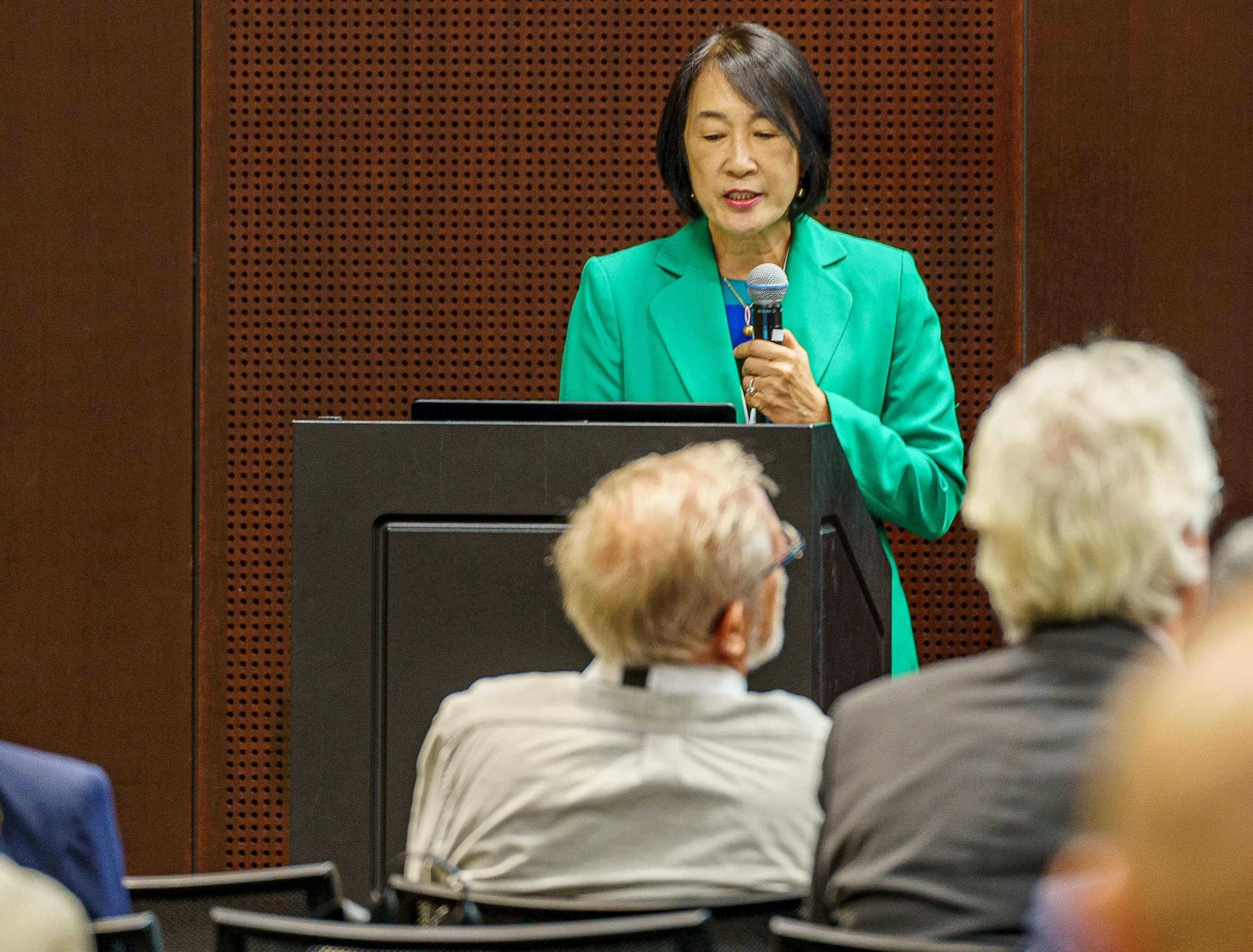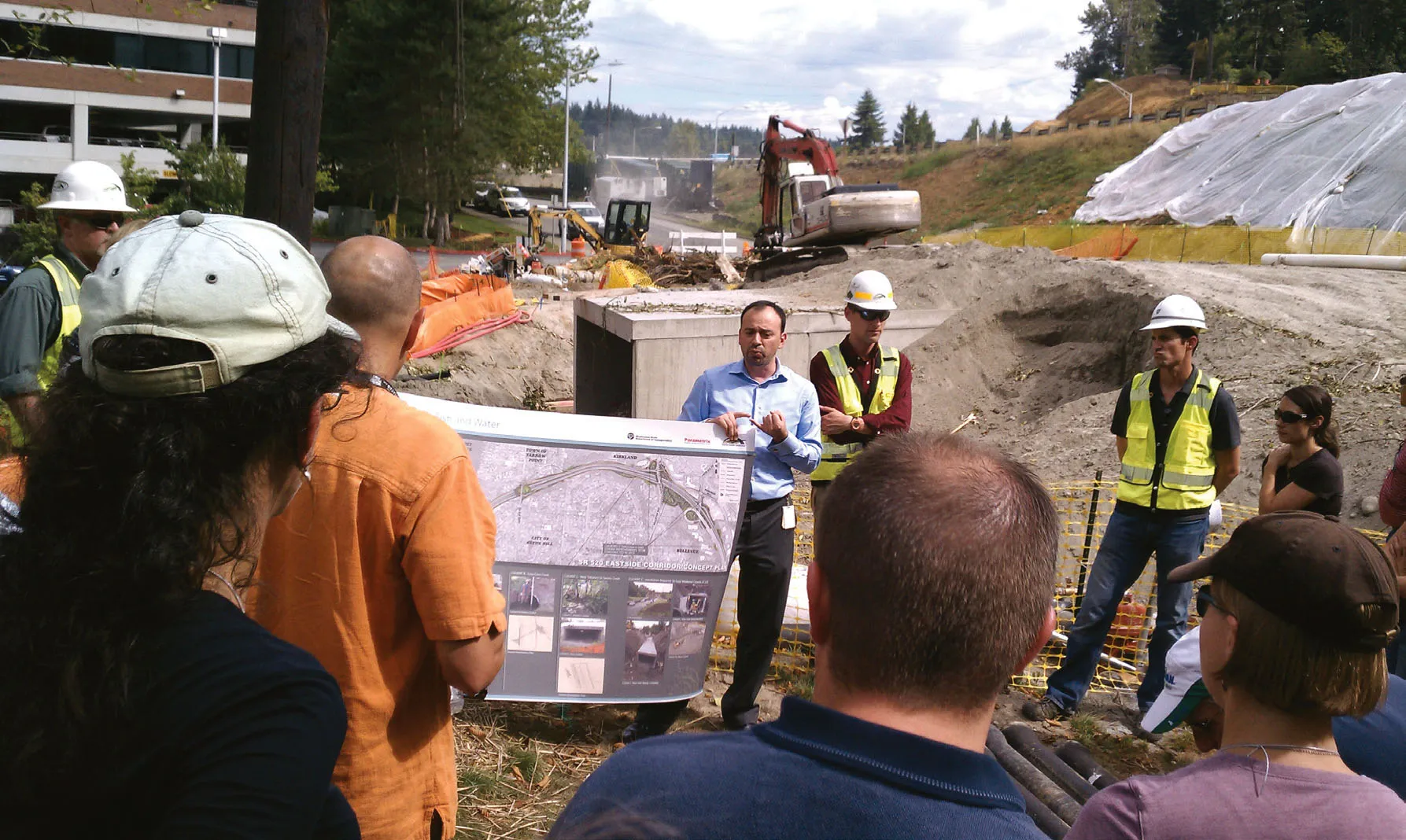The International Road Federation's (IRF) conference in Portuguese capital Lisbon was a major success, attracting 1,500 industry professionals from all over the world
February 14, 2012
Read time: 4 mins

The International Road Federation's (IRF) conference in Portuguese capital Lisbon was a major success, attracting 1,500 industry professionals from all over the world
Attendees travelled from Portugal itself and other European nations as well as from Africa, Asia and both North America and South America, with a particularly high contingent from India. There was also an extensive show area in the lower level of the conference facility, with 80 industry exhibitors including leading manufacturers and contractors from the industry as well as national booths. And theThe importance of the highway sector to the world's economy cannot be overstated. The growth of the US economy since WWII for example was directly linked to the development of the Interstate system that allowed greater mobility of goods and for the workforce, a fact that has not gone un-noticed in either China or India where rapid and massive highway expansion programmes are underway at present.
The event provided a series of quality papers triggering high levels discussions on key areas for the future of the highways sector. Safety and sustainability were two of the major topics raised, with the highways sector investigating ways to reduce road deaths and minimise the environmental impact of road transportation. Other themes included mobility, transport and infrastructure; road finances and management and techniques and innovations.
In the sustainability category papers included topics such as increased use of recycling to reduce transport requirements to and from a site as well as minimise the use of new materials. The environmental impact and of roads can be minimised by careful planning and design while such measures can also maximise safety for the road user. This area also included an array of technical solutions such as the use of lower temperature production methods for asphalt, which significantly cut fuel consumption and CO2 emissions while allowing the construction of high quality road surfaces. An array of papers on software tools, environmental audits and a greenhouse gas calculator were also presented.
In the safety category new research into crash data analysis, improved network design and accident prevention were discussed. Safety papers discussed diverse points including issues specific to certain countries such as India, Iran, Portugal and Spain as well as perspectives of automobile manufacturers.
Themes covered in the first two days included: the benefits and costs of roads; road markings; energy and resources; road asset management; the bridge to sustainable and green mobility; public road policy; road management and regulations for safety; the use of by-products for sustainable roads; innovation in quality control.
An important focus for the event was information sharing, with attendees looking to gain from best practice around the world and communicate new ideas and concepts. The third day included the themes: mobility and vehicles; road restraint systems; energy and resources savings; innovations in PPP; green rating to improve technical approaches; cost effective solutions for developing and developed countries and a number of round table sessions.
A key part of the conference was a round table event discussing the issue of personnel shortages in the transport sector. For some years road and other transport agencies have been experiencing increasing problems in attracting and retaining qualified personnel. The problem will increase as the ageing populations in most of the developed world will result in increasingly tough competition for scarce qualified engineers among diverse industries. This has already resulted in relatively older workforces at road agencies with around 40% of staff being over 50 years-old. Unfortunately this is a low profile issue with little or no national or international cooperation.
The Transportation Research Board (TRB) of the United States has funded a number of studies on the subject and identified a number of trends. There is increasing complexity of job requirements across all professions, so future workforces will need a wider variety of skills and understanding of IT tools. A wide adoption of technology is leading to networked teams. There should be reduced hurdles to leadership development and a focus on having multi-generational teams working together. There is also a greater need for succession planning, while performance should be measured based on ultimate outcomes instead of individual projects. Individual performance will become more important, while workforce training will become crucial. Research in Australia and France for example shows similar trends, with a growing shortfall of skilled labour demand.









